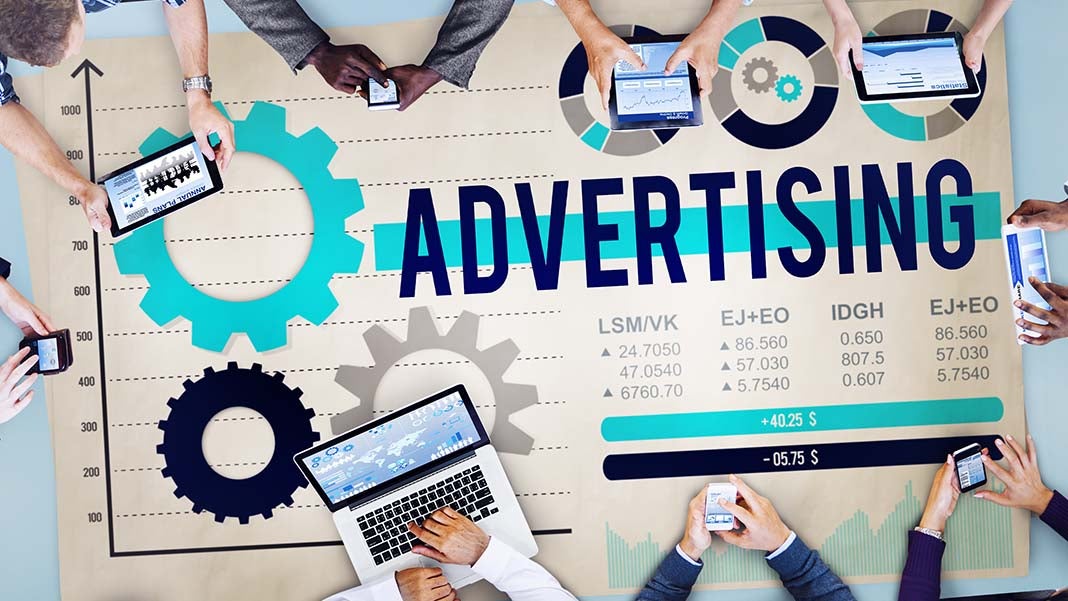
As a small business looking for ways to boost publicity and marketing activities, paid advertising may seem appealing. Indeed, it has been beneficial for many companies who used it as part of their marketing campaign.
However, knowing what your business stands to risk when you rely solely on paid advertising is recommended. For example, 62% of small businesses reported that their ads on Facebook missed the target. Here are some things you may want to know before using paid advertising on social media. Image Credit
Image Credit
It is expensive
In 2017, the average cost ranged from 19 cents to $2 per click. Last year, it increased and now ranges from $3 to $5 per click. This amounts to anywhere between $2,500 to $12,000 per month. On the other hand, if the paid ad is meant for specific campaigns within your small business, you may pay as much as $1000 per project. According to webfx.com, specific projects may cost as high as $7,500 for a single project. Indeed, there is no argument about the high costs your small business may have to commit to.
As you mull over these sums, it is worth knowing that certain factors influence the cost involved. For instance, the level of competition within your industry impacts how much you will pay for a paid advertisement. Additionally, the type of audience you target influences the cost of paid ads. Others are estimated action rates and the type of ad placement. Undoubtedly, these influencing factors are needed for your paid advertisement to succeed. However, as a small business, you may want to start with a basic paid advertisement plan if it’s your first time. After that, the results will determine whether to upgrade, downgrade or stop paid ads altogether.
You need to understand metrics
You are more likely to understand paid advertising if you have a good grasp of metrics. This is a measurement system that allows you to read the numbers better. More importantly, a good grasp of metrics allows you to understand what digital traffic means to your business. Indeed, it is a specialized area of analytics, and without a fair background, you may fumble. Perhaps, this is why many small business owners opt to have an IT specialist on board the team. That way, the responsibility of interpreting these numbers falls squarely on the shoulders of an expert.
As a small business owner, one of your concerns may be to increase profit margins while cutting back on operational costs. Therefore, hiring an IT expert will rather increase your operational cost. Your lack of literacy in metrics makes it mandatory to cover your back. And you can only do this by hiring someone with the know-how. Unless you are ready to go through the steep learning curve associated with metrics and analytics, external help will continue to burden your cost of operation.
Increased risk of bots accessing your site
Indeed, paid ads increase traffic to your site and other digital platforms. However, there is a hidden element that often isn’t discussed much. It is about the increased risk of bots and automated machines ‘visiting’ your sites. Remember that the main goal of a paid advertisement is to create online traffic. It becomes essential to include bots and automated machines in making this possible.
A bot is a short name for robots and is associated with computer programs that act as agents or web users. Although the main function of bots is to automate certain tasks, they are not good for authentic traffic generation. All they do is access your business website to increase traffic, but there’s nothing for conversions. This affects your business’s Return On Investments (ROI). This is in sharp contradiction to the huge benefits you would have garnered with organic traffic in google analytics. After a paid advertisement, you may be excited to see the huge number of traffic to your digital platforms. Unfortunately, most of the clicks are not profit-generating ones. So, if you’re not monitoring your conversions, the data received can be false. Subsequently, bad data can cost you future projections.
Competitors and click fraud
Did you know that your competitors can make you rack up false numbers in your paid ads? They do this by deliberately clicking on your ads to increase your costs. Indeed, the volume of false clicks may be good for stats but not for your financial goals. Undoubtedly, this is a sinister competitive marketing move, but it happens. This is called click fraud in the marketing space and is described as the user clicks made with malicious and deceitful intentions. In 2019, click fraud cost small businesses $42 billion worldwide.
With Google AdWords, the system makes it impossible for one IP address to keep clicking in hopes of causing loss to the paying business. Even though Google has made great strides in addressing click fraud, competitors and dishonest web users continue to find ways to beat the system. Fortunately, you can avoid this by strictly monitoring your click conversions. You can even block suspicious IP addresses that keep clicking on your paid ads.
Web user saturation with high frequency paid ads
You can interpret this as the effect of constantly being in someone’s face. If you take your paid advertising to the extremes, that can happen. This is particularly important if your paid ad placement is the large banner option. According to 2022 internet user statistics, the average person visits 130 web pages daily. Therefore, if the same users continually see your paid ads on several pages, it might annoy them and cause a lack of interest in your product or service. While it may seem like an excellent marketing idea to get paid ads on several platforms, it can have its downsides. The keyword here is moderation and studying your demographics.
To conclude, paid advertising has its positives for a small business. However, you may want to learn all you can about it. The last thing you want to do as a small business owner is pay money for something you’re unsure about.
1738 Views












